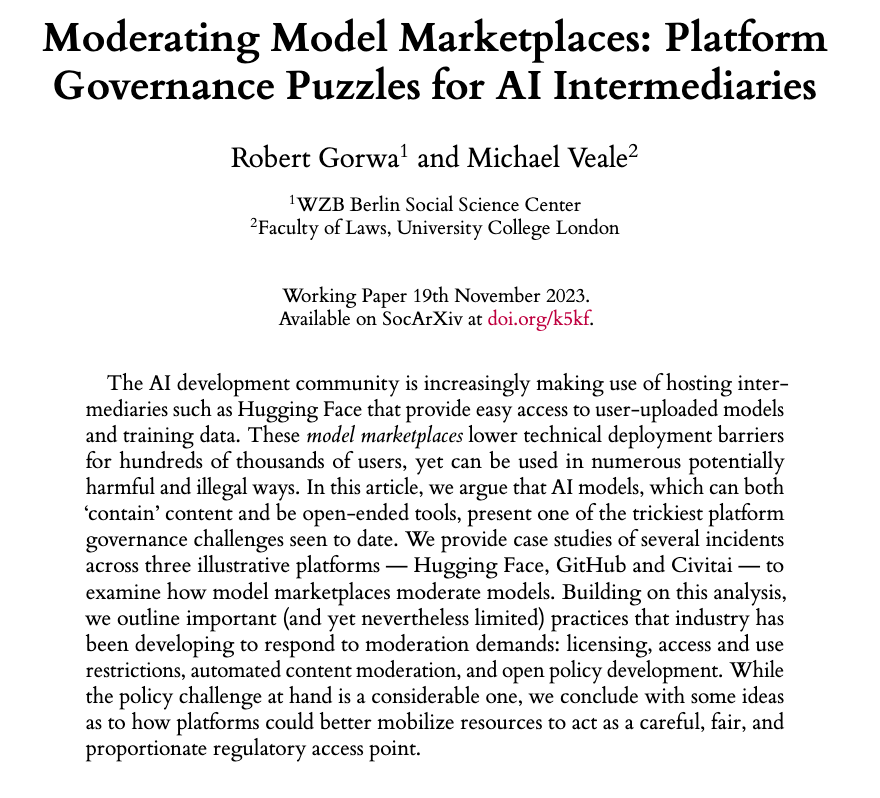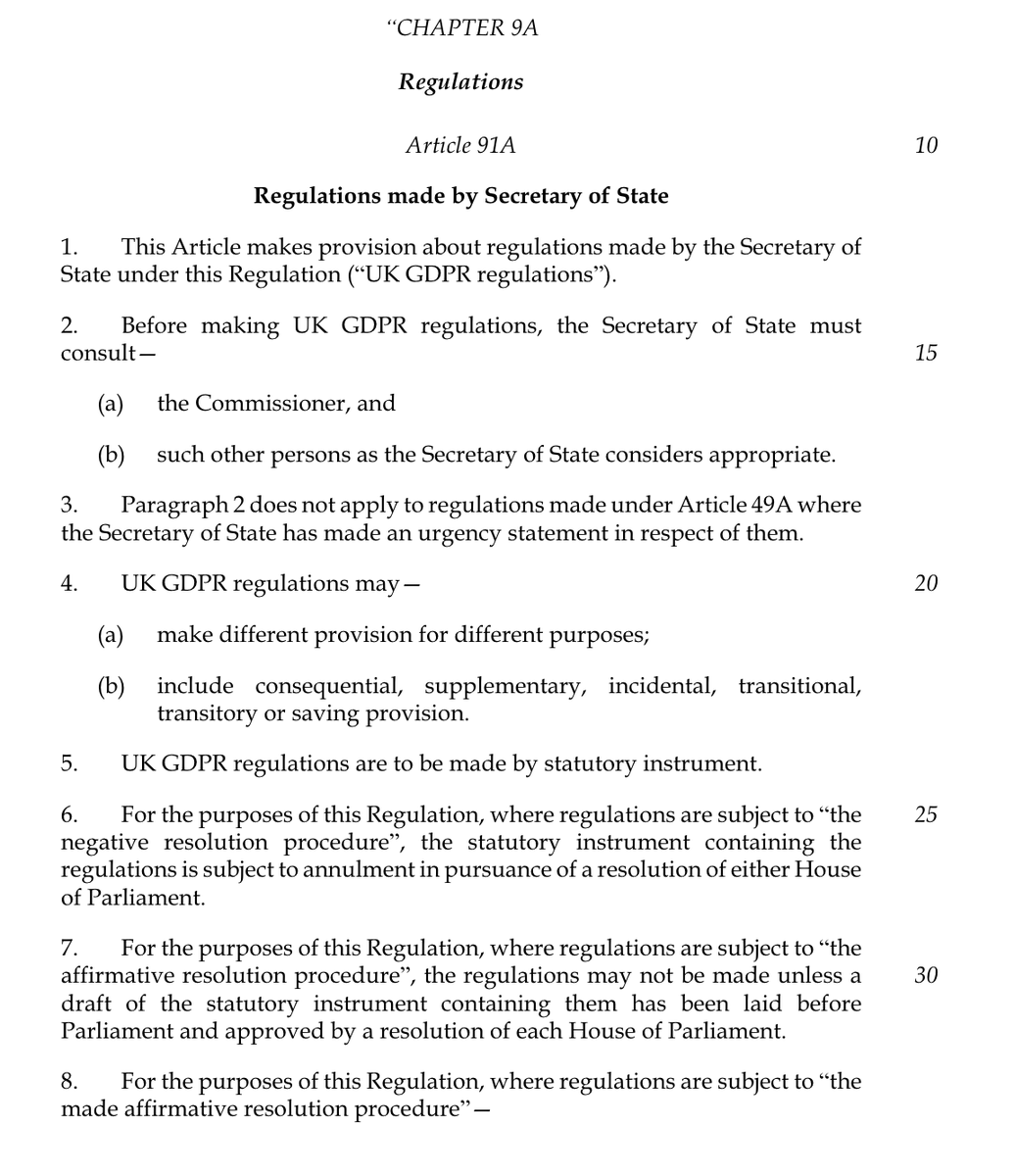On Monday, @lynskeyo and I gave about 30 mins of oral evidence to @HumanRightsCtte, chaired by @HarrietHarman, on the #NHSApp. We have now submitted 10 pages of jointly written supplementary evidence, available publicly here: osf.io/preprints/lawa… 1/ 

The transcript of our evidence is available here: committees.parliament.uk/download/file/… 2/ 

And for the audiovisually inclined, you can watch us back here parliamentlive.tv/Event/Index/6f… (I certainly haven't). Shout out to those who know the picture below all too well... 3/ 

There's also a new version of the Coronavirus (Safeguards) Bill on @lawarxiv, which Orla and I contributed to but which is spearheaded by @lilianedwards osf.io/preprints/lawa… 



• • •
Missing some Tweet in this thread? You can try to
force a refresh











